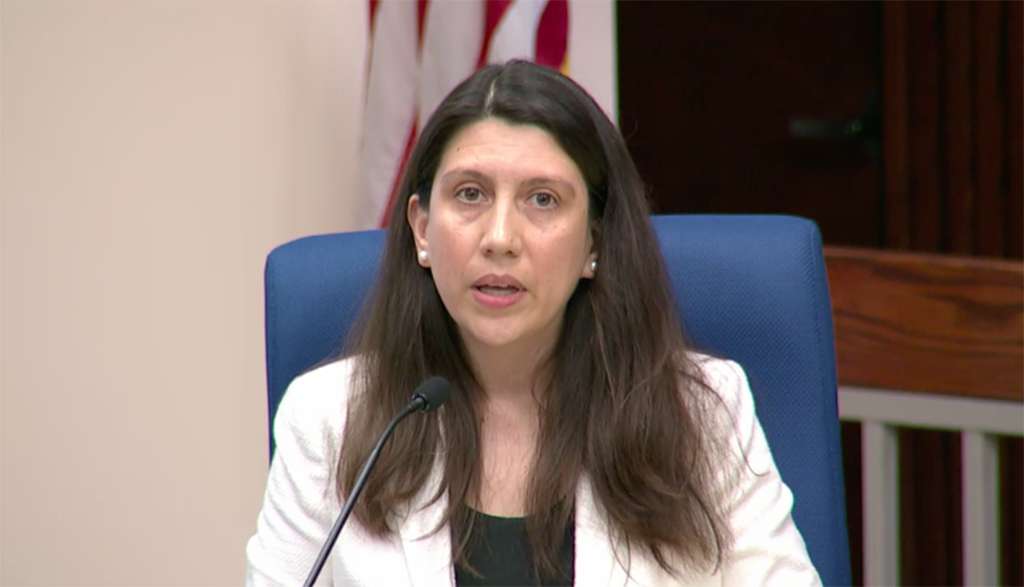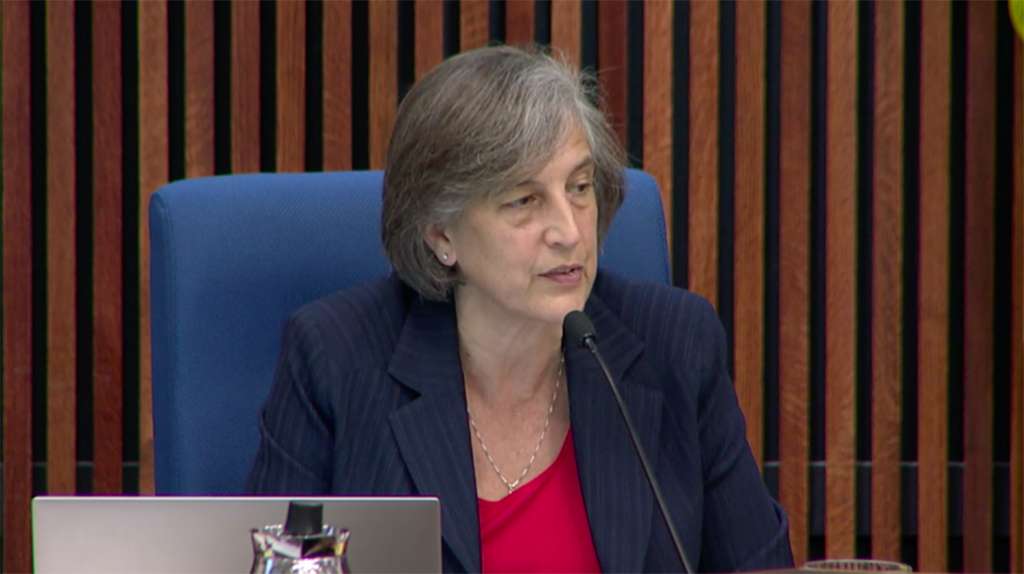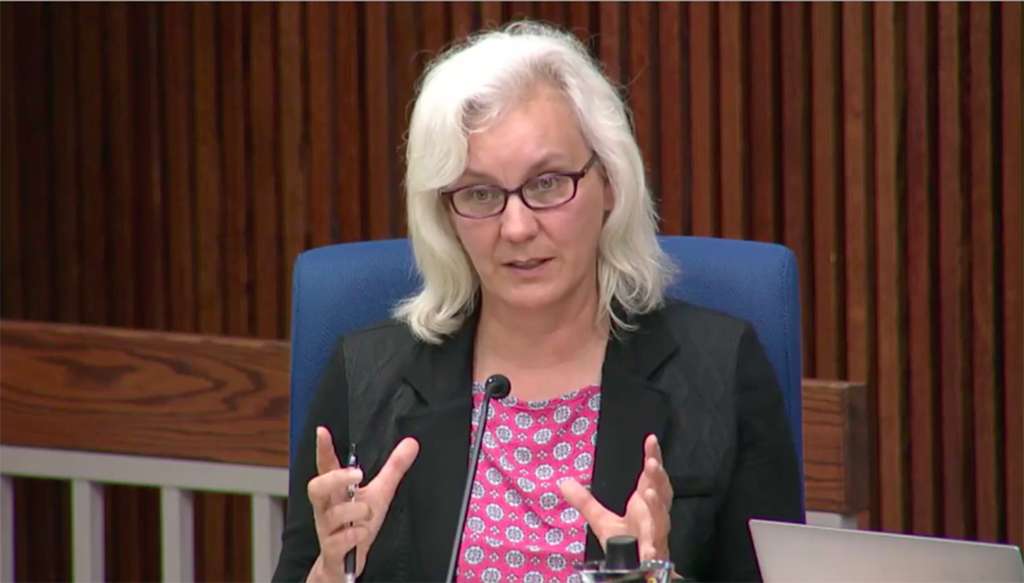School Board members clashed Thursday over an attempt to add language encouraging more diversity in Arlington Public Schools.
The Board was discussing the new enrollment and transfer policy around neighborhood and option schools. The policies have been rewritten to help APS keep up with steep growth.
The revised policies are designed so students could have equal access to an option school with a more specialized curriculum, while also guaranteeing students a place in their neighborhood school.
The new policies will go into effect for the 2018/19 school year, with siblings able to attend the same school at the elementary level if one already attends.
But an effort by Board member Reid Goldstein to add new language that says the policy “will include steps to enhance diversity across our option schools and through our neighborhood transfer practices” got the cold shoulder from his colleagues.
Goldstein said steps that could be taken to enhance diversity could include looking at new options around transportation, to enable a better mix of students from different socioeconomic backgrounds.
He also said that higher-income families could thus be encouraged to attend schools where there are more lower-income students and families.
But Tannia Talento said Goldstein’s efforts represented “microaggressions,” the casual degradation of those less fortunate than others.
“While I support diversity, I think diversity is a great thing, it’s very hard for me to sit here and listen to some of this, because there are some things in here that I feel are microaggressions that I’m offended by,” Talento said.
Later, Talento added that previously, she has been seen as the “token Latino” and “token woman” in various settings. Any conversation about enhancing diversity should include all affected communities and be part of a robust public engagement process, she said.
Goldstein said his efforts were focused on helping the county and APS improve its diversity, given what he said are major disparities across the system.
“This should be a call to action for a community that so vociferously hails its diversity and proudly proclaims how diverse and inclusive it is,” he said. “And yet, outside of our vision state and our core values, APS’ definable steps to achieve diversity are scarce.”
But James Lander rejected that, and the idea that the income of fellow students’ families could be a determining factor for where people want to send their children to school.
“It’s been my experience that families choose instructional programs, not how much money their neighbors make, to determine what is the best instructional journey for their children,” Lander said. “I want to bring this back to instruction, because that’s important.”
The board voted down Goldstein’s plan, 3-2. Chair Nancy van Doren said that not only did she believe it was making an attempt at “forcing” or “incentivizing” diversity, it was too late in the process to introduce such an amendment. The Board then unanimously approved the new transfer policy, despite opposition from some parents.

















